Collaborative for Anti-Racism & Equity (CARE)
This Collaborative started as a group of partners all working to understand and support the movement to address racism as a public health crisis. Over the past year, it has evolved and expanded, connecting partners who are advancing health and racial equity through research, communication, policy, advocacy, and the development of resources and frameworks. This is a space for anyone engaging in health equity, racial equity, and anti-racism work to access essential resources to inform your work, whether you are just starting out or are further along in your journey.

Share Your Voice: Join the Peer Learning Community
The Anti-Racism in Public Health Peer Learning Community (PLC) launched in January 2023. Thank you to everyone who made our first year a success! Our next meeting is on June 24, 2024 – 1:00 PM – 2:30 PM ET. Click the first button below to register! Click the second button to sign up to Join the Community and connect with other public health practitioners, community organizers, health departments, and other partners to share, learn, and grow in the work to advance racial equity.
New CARE Resource! Racial Equity Impact Assessment Laws – a 50 State Scan
Racial Equity Impact Assessments (REIAs) can help predict how proposed policies may impact communities based on race or ethnicity. Through the Collaborative for Anti-Racism and Equity, the Public Health Law Center partnered with the Network for Public Health Law to create a summary of proposed or enacted legislation requiring REIAs in state-level legislative processes nationwide to support informed, just, and equitable policymaking.
Featured Resources
Advancing Racial and Health Justice Through a Right to Counsel for Tenants: A Primer for the Public Health Field
A safe and stable home is the foundation for a healthy life, but remains out of reach for many. New laws that guarantee a right to counsel for tenants facing eviction offer a promising opportunity to address this and related racial and health inequities. This primer offers an overview what right to counsel laws are, how they can advance racial and health justice, and steps that public health practitioners can take to support #RightToCounsel efforts across the country.
Health and Housing Quality Brief
Human Impact Partners and I collaborated with Homes 4 All St. Louis to create a housing quality brief that discusses the connection between racism, poor housing quality, and health inequities. This is a great brief because it is a model of how Homes 4 All (a community organization), CARE members, and governmental officials worked together to highlight the impact of racism on access to quality housing. It also provides actionable recommendations for policy action.
Getting to Equity Toolkit
The Getting to Equity in Obesity Prevention (GTE) toolkit addresses the need to include an equity component in the planning, implementation and evaluation of policy, systems, and environmental change approaches (PSE) undertaken to curb adverse trends in obesity and related health consequences. PSE approaches focus on circumstances that make it possible or easier for people in a given set of circumstances to adopt and maintain healthy behaviors. PSE approaches can work together with approaches that work directly with individuals. This toolkit provides information about the Getting to Equity in Obesity Prevention framework including examples of how it has been operationalized, additional resources for applying a health equity lens to programs and policies, as well as a worksheet to facilitate the incorporation of the GTE concepts into your work.
Council for Black Health Data Dashboard
It’s a powerful tool that displays critical information in an easy-to-understand format. The Council is a data-driven organization. As a leader in the health equity space, setting and achieving goals is essential to our mission. The dashboard shows project info and key performance indicators. It links to our goals. These indicators focus on reducing chronic illnesses affecting Black communities. They also improve healthcare access and communication within the community. Our efforts are guided by the Black Health Bill of Rights. This document outlines strategies for better health in Black communities. You can learn more about it here.
Suggest Resources to Share
The Collaborative wants to uplift examples of work being done to advance health and racial equity. Let us know about laws, policies, best practices, or research to highlight.

Collaborative Partners
Learn more about each of the Collaborative’s Core Partners and find key resources developed by each partner to advance health equity, racial equity, and anti-racism action.
-
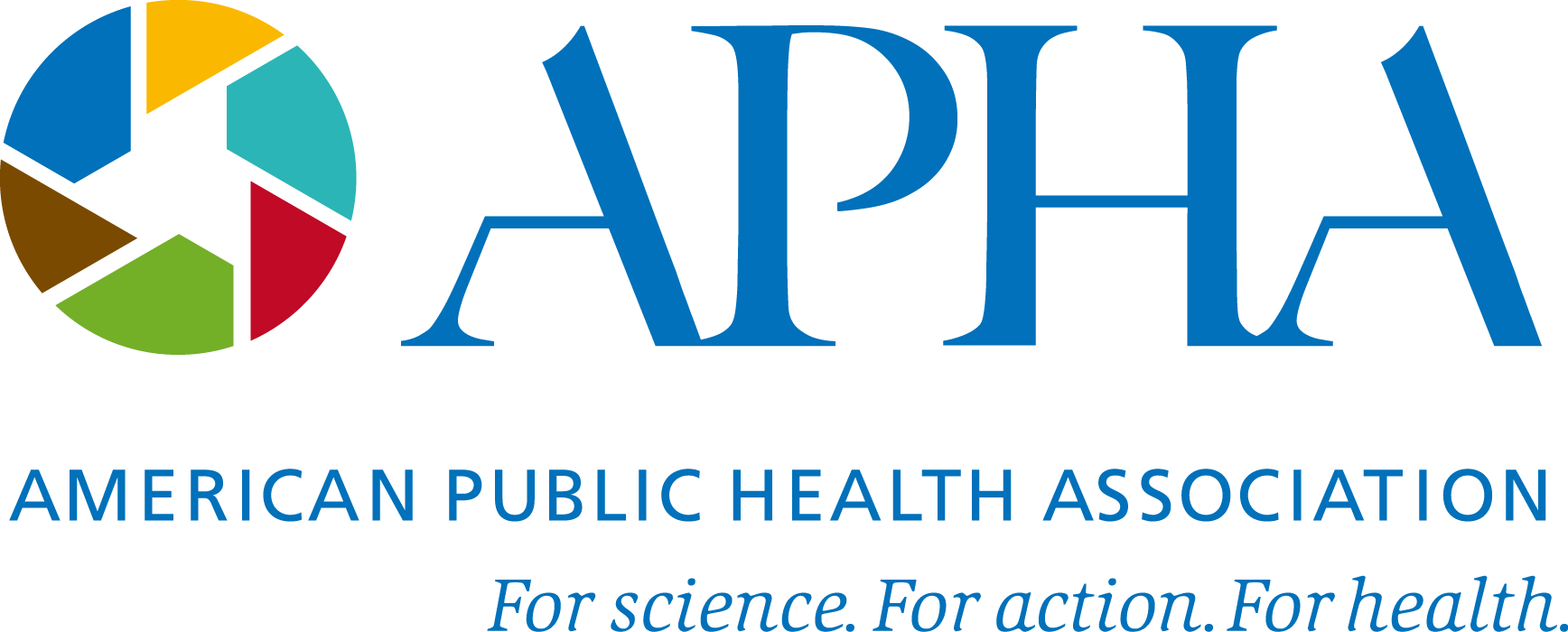
American Public Health Association
APHA champions the health of all people and all communities. We are the only organization that combines a 150-year perspective, a broad-based member community and the ability to influence policy to improve the public’s health.
-
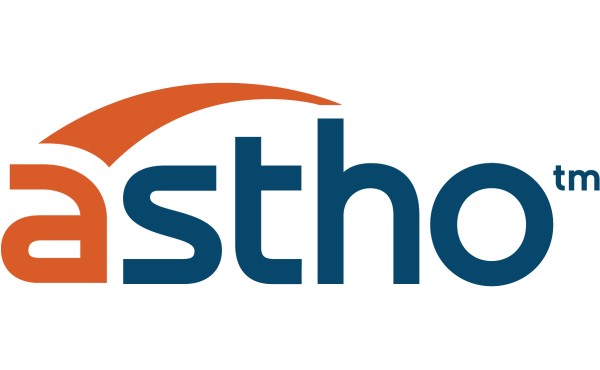
Association of State and Territorial Health Officials
ASTHO is a nonprofit organization committed to supporting the work of state and territorial public health officials and furthering the development and excellence of public health policy nationwide. In all our endeavors, we aim to promote the advancement of equity and optimal health for all.
Resources
- » Structural Racism Policy Statement
- » Legislative Prospectus: Health Equity
- » Addressing Equity Challenges Using a Health in All Policies Approach
- » Restorative Justice in Schools: An Upstream Approach for Addressing Inequities in the Risk of Incarceration
- » Cross-Agency Partnerships for Health Equity: Understanding Opportunities Across Medicaid and Public Health Agencies
-

Berkeley Media Studies Group
BMSG is a nonprofit organization dedicated to expanding advocates’ ability to improve the systems and structures that determine health. We are a project of the Public Health Institute. BMSG conducts research to learn how the media characterize health issues. Through media advocacy training and consultation, we help advocates harness lessons from that research and develop the skills they need to shape journalists’ coverage of health issues so that it illuminates the need for policies that improve the places where people live, learn, work and play.
Resources
- » Strengthening racial and health equity communications and organizational capacity in California
- » Trauma, resilience, and #BlackLivesMatter
- » From me to us: Taking racism from the individual to the structural
- » Six media advocacy lessons from a campaign for housing justice and health equity
- » Public health and media advocacy
-
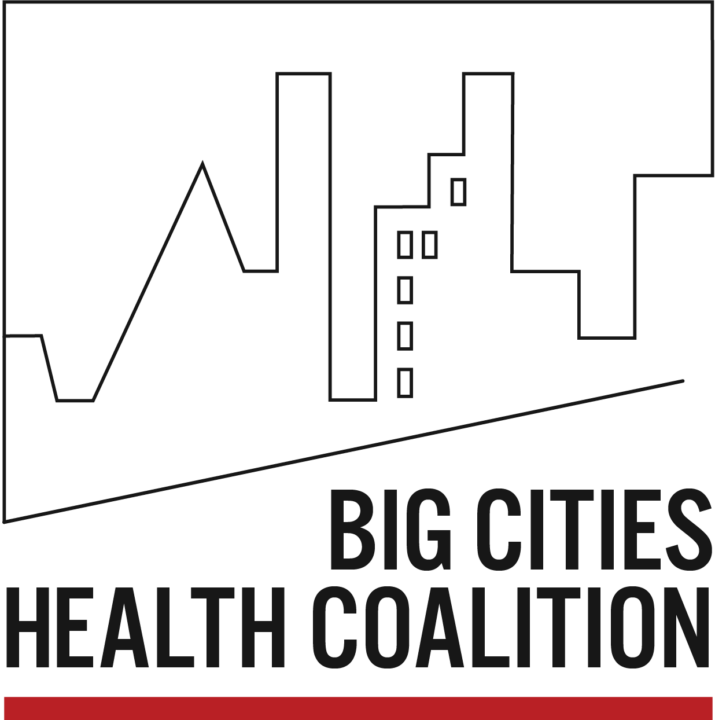
Big Cities Health Coalition
The Big Cities Health Coalition (BCHC) is a forum for the leaders of 35 of America’s largest metropolitan health departments to exchange strategies and jointly address issues to promote and protect the health and safety of the 61 million people they serve or 1 in 5 Americans. The mission of BCHC is to advance equity and health for present and future generations, through sharing of best practices, leadership, and advocacy.
-
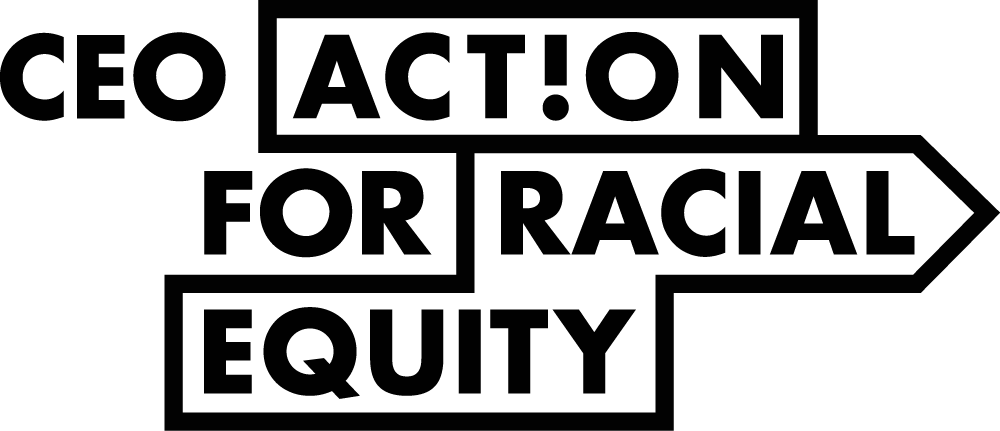
CEO Action for Racial Equity
CEO Action for Racial Equity is focused on improving the lives of the 47+ million Black Americans through advocacy and advancement of public policies that will root out and end systemic racism. Using CEO Action for Diversity & Inclusion as a platform, our Fellowship is the first business-led coalition of its kind with a mission to advance racial equity through public policy.
-

ChangeLab Solutions
ChangeLab Solutions is a nonpartisan, nonprofit organization that uses the tools of law and policy to advance health equity. We partner with communities across the nation to improve health and opportunity by changing harmful laws, policies, and systems. Our interdisciplinary team works with community organizations, governments, and local institutions to design and implement equitable and practical policy solutions to complex health challenges.
-
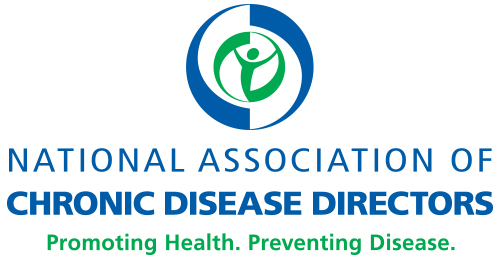
National Association of Chronic Disease Directors
The National Association of Chronic Disease Directors (NACDD) improves the health of the public by strengthening state-based leadership and expertise for chronic disease prevention and control in states and at the national level.
-
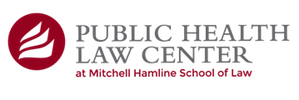
Public Health Law Center
The Public Health Law Center collaborates with partners to advance health equity and reduce and prevent chronic disease, with a focus on healthy food systems, physical activity, and commercial tobacco policies. We work with Tribal health leaders, federal agencies, national public health advocacy organizations, Tribal, state and local governments, planners, researchers, attorneys, community coalitions, and individuals working on public health issues to co-create healthier communities around the country.
Resources
- » Focusing on Equity and Inclusion When We Work on Public Health Laws
- » Effective Public Health Law and Policy: the Importance of Equity and Inclusion at Every Stage
- » Changing Hearts, Minds, and Structures: Advancing Equity and Health Equity in State Government Policies, Operations, and Practices in Minnesota and Other States
- » Equitable Enforcement of K-12 Commercial Tobacco School Policies
-

Salud America!
Salud America! is a national Latino-focused organization that creates culturally relevant and research-based stories, videos, and tools to inspire people to start and support healthy changes to policies, systems, and environments where Latino children and families can equitably live, learn, work, and play.
-

The Institute for Healing Justice & Equity
The Institute for Healing Justice & Equity is an interdisciplinary collective of researchers and partners working together to eliminate disparities caused by systemic oppression through systems change and deep community partnership. We work with academic and community partners in developing strategies to change policy, heal from trauma, and transform systems of oppression to eliminate inequities in health and well-being.
-

The Network For Public Health Law
The Network for Public Health Law provides visionary leadership in the use of law to protect, promote and improve health and health equity. We provide non-partisan legal technical assistance and resources, collaborating with a broad set of partners across sectors to expand and enhance the use of practical legal and policy solutions.
-

The Praxis Project
The Praxis Project is a national non-profit organization that works in partnership with national, regional, state, and local partners to achieve health equity and justice for all communities. Our mission is to build healthy communities by transforming the power relationships and structures that affect our lives and communities. Praxis supports policy advocacy and local organizing as part of a comprehensive strategy for change. We emphasize developing fields of work in ways that encourage multi-level, trans-disciplinary learning and collaboration across issues, across the country and across the globe.
Connect with Us
Connect with the collaborative by submitting a question, sharing an idea, suggesting a law, policy, or best practice, or by joining the learning community.